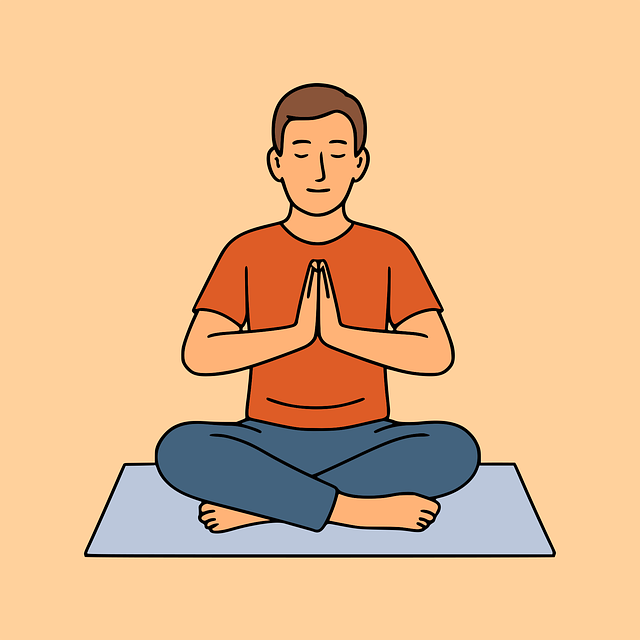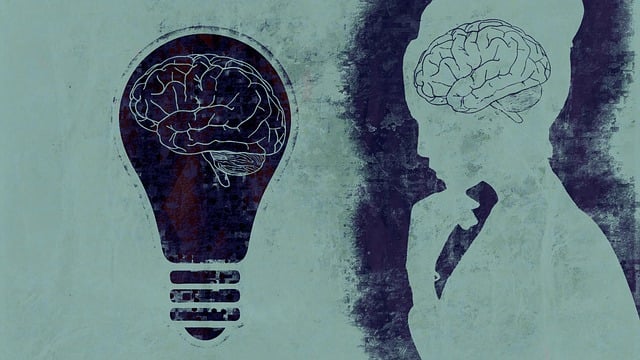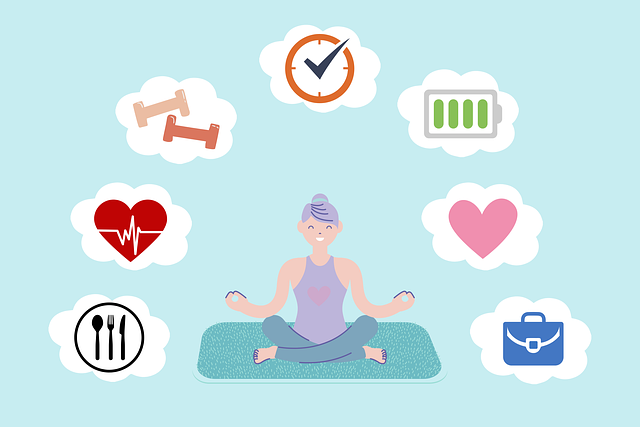Englewood Sexual Dysfunction Therapy highlights that self-care is vital for overall well-being, addressing emotional healing as a key factor. By incorporating activities like exercise, healthy eating, and relaxation techniques, individuals can enhance resilience and happiness. Overcoming barriers such as busy schedules or societal stigma through therapy fosters improved self-care practices and mental health. Integrating small, manageable changes into daily routines, focusing on areas like sleep and nutrition, leads to significant physical and emotional improvements.
Self-care is an essential practice for maintaining optimal mental well-being, yet many struggle with integrating it into their daily lives. This article explores the profound impact of self-care on mental health and provides a comprehensive guide to overcoming barriers. We offer a step-by-step approach to help you cultivate healthy habits, featuring strategies tailored to enhance your overall wellness. By understanding your unique needs, identifying obstacles, and adopting practical techniques, you can embark on a transformative journey towards better mental health, even in challenging circumstances like Englewood Sexual Dysfunction Therapy.
- Understanding Self-Care and Its Impact on Mental Well-being
- Identifying Barriers to Effective Self-Care Practices
- Strategies for Integrating Healthy Habits into Daily Life: A Step-by-Step Guide
Understanding Self-Care and Its Impact on Mental Well-being

Self-care is a fundamental practice that involves intentional activities aimed at maintaining or improving one’s physical, mental, and emotional well-being. It is not just about treating oneself but also about cultivating healthy habits and behaviors that nurture both mind and body. In today’s fast-paced world, where stress and pressure are prevalent, prioritizing self-care has become more crucial than ever. Englewood Sexual Dysfunction Therapy highlights the significant impact of self-care on mental health, emphasizing that neglecting one’s emotional healing processes can lead to various issues, including sexual dysfunction.
By incorporating self-care practices into daily routines, individuals can enhance their resilience and overall happiness. This includes activities such as regular exercise, healthy eating, sufficient sleep, mindfulness meditation, and engaging in hobbies or creative outlets. Moreover, self-care is not one-size-fits-all; it’s about listening to your body and mind, identifying what recharges you, and making time for it. Whether it’s a relaxing bath, spending quality time in nature, or practicing confidence-boosting techniques, these acts of self-care can prevent burnout, promote emotional balance, and create a positive cycle that supports both mental and physical health.
Identifying Barriers to Effective Self-Care Practices

Many individuals struggle to prioritize self-care due to various barriers that can significantly impact their overall well-being. Englewood Sexual Dysfunction Therapy highlights that these obstacles are often multifaceted, ranging from demanding work schedules and caregiving responsibilities to financial constraints and a lack of accessible resources. The societal stigma surrounding mental illness also plays a crucial role, as many people feel ashamed or embarrassed to seek help for their emotional struggles. This, in turn, hinders them from engaging in practices that foster emotional regulation and self-nurturing.
Furthermore, Mental Illness Stigma Reduction Efforts reveal that the fear of judgment or discrimination can deter individuals from pursuing therapy or adopting healthy coping mechanisms. Additionally, risk assessment for mental health professionals is essential to understanding these barriers; therapists must be attuned to their clients’ unique challenges and create a safe, non-judgmental space for open dialogue. By addressing these barriers head-on, individuals can begin to navigate a path towards improved self-care practices and enhanced mental health.
Strategies for Integrating Healthy Habits into Daily Life: A Step-by-Step Guide

Integrating healthy habits into your daily routine is a transformative process that can significantly improve both physical and mental well-being. Here’s a step-by-step guide to help you navigate this journey effectively, even if you’re dealing with issues like Englewood Sexual Dysfunction Therapy.
1. Start Small and Set Realistic Goals: Begin with manageable changes. For instance, aim for 30 minutes of moderate exercise most days or incorporate a few minutes of mindfulness meditation. Gradually build upon these habits to create a sustainable routine. This approach prevents burnout prevention and ensures you don’t feel overwhelmed.
2. Identify Your Priorities: Reflect on areas of your life that need attention—be it sleep, nutrition, or managing stress. Prioritize these aspects and allocate dedicated time slots in your schedule. For example, set an alarm for an hour before bedtime to wind down with a warm bath or read a book. This focus on emotional well-being promotion techniques can provide much-needed trauma support services while enhancing overall quality of life.
3. Create a Morning Routine: Establish a consistent morning routine that prepares you for the day ahead. This could include light stretching, journaling, or drinking herbal tea. Starting your day with intention sets a positive tone and ensures you’re taking care of yourself, even on busy mornings.
4. Make Healthy Food Choices: Nourish your body with balanced meals and healthy snacks. Prepare meals in advance to avoid last-minute, often unhealthy, food choices. Remember, what you eat impacts your energy levels, mood, and overall emotional resilience.
5. Schedule Self-Care Activities: Block off time for activities that rejuvenate you—a walk in nature, a hobby, or a relaxing bath. Treat these as non-negotiable appointments with yourself. Regularly engaging in self-care practices is key to maintaining emotional balance and preventing burnout.
Incorporating self-care practices is a powerful tool for enhancing mental well-being, as highlighted in this article. By understanding the impact of self-care and identifying barriers, individuals can take proactive steps towards a healthier lifestyle. The provided strategies offer a comprehensive guide to integrating healthy habits, such as mindfulness, exercise, and therapy (like Englewood Sexual Dysfunction Therapy), into daily routines. Remember, prioritizing self-care is not just a choice; it’s a necessary step towards a happier, more fulfilling life.














